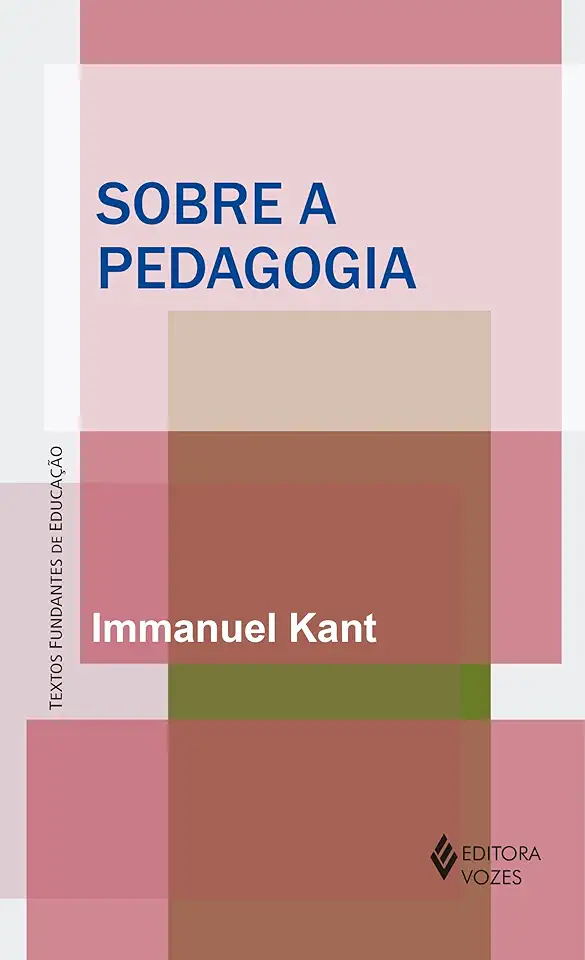
On Pedagogy - Immanuel Kant
On Pedagogy: A Comprehensive Guide to the Art of Teaching by Immanuel Kant
Immanuel Kant's seminal work, "On Pedagogy," is a comprehensive exploration of the art of teaching, offering a wealth of insights and practical advice for educators of all levels. Kant delves into the philosophical foundations of education, emphasizing the importance of developing students' intellectual and moral faculties, and provides a systematic approach to teaching that can be applied across a wide range of subjects.
The Importance of Education
Kant begins by arguing that education is essential for the development of human beings as rational and moral creatures. He asserts that education is not merely about imparting knowledge, but also about cultivating students' critical thinking skills, their capacity for judgment, and their ability to make informed decisions. Kant emphasizes the importance of education in shaping individuals' character and preparing them for responsible citizenship.
The Role of the Teacher
Kant places great emphasis on the role of the teacher in the educational process. He argues that teachers should be not only knowledgeable in their subject matter, but also skilled in the art of teaching. Kant stresses the importance of teachers being patient, understanding, and empathetic, and of creating a positive and supportive learning environment. He also emphasizes the importance of teachers being role models for their students, demonstrating the values and behaviors that they wish to instill in them.
The Curriculum
Kant proposes a comprehensive curriculum that encompasses a wide range of subjects, including language, mathematics, history, geography, and natural science. He argues that students should be exposed to a variety of disciplines in order to develop a well-rounded education. Kant also emphasizes the importance of teaching students to think critically about the information they are presented with, rather than simply memorizing facts.
The Methods of Teaching
Kant discusses a variety of teaching methods, including lectures, discussions, demonstrations, and practical exercises. He argues that the most effective teaching methods are those that engage students actively in the learning process and encourage them to think for themselves. Kant also emphasizes the importance of providing students with opportunities to apply their knowledge to real-world situations.
The Assessment of Learning
Kant argues that assessment is an essential part of the educational process, as it allows teachers to monitor students' progress and identify areas where they need additional support. He emphasizes the importance of using a variety of assessment methods, such as tests, quizzes, essays, and portfolios, to get a comprehensive understanding of students' learning.
The Future of Education
Kant concludes by reflecting on the future of education and the challenges that educators face. He argues that education is constantly evolving and that educators must be willing to adapt their methods to meet the changing needs of society. Kant also emphasizes the importance of lifelong learning and the need for individuals to continue to educate themselves throughout their lives.
Why You Should Read "On Pedagogy"
"On Pedagogy" is a must-read for anyone interested in the art of teaching. Kant's insights into the philosophical foundations of education, the role of the teacher, the curriculum, the methods of teaching, the assessment of learning, and the future of education are invaluable for educators of all levels. This book is a timeless classic that will continue to inspire and inform educators for generations to come.